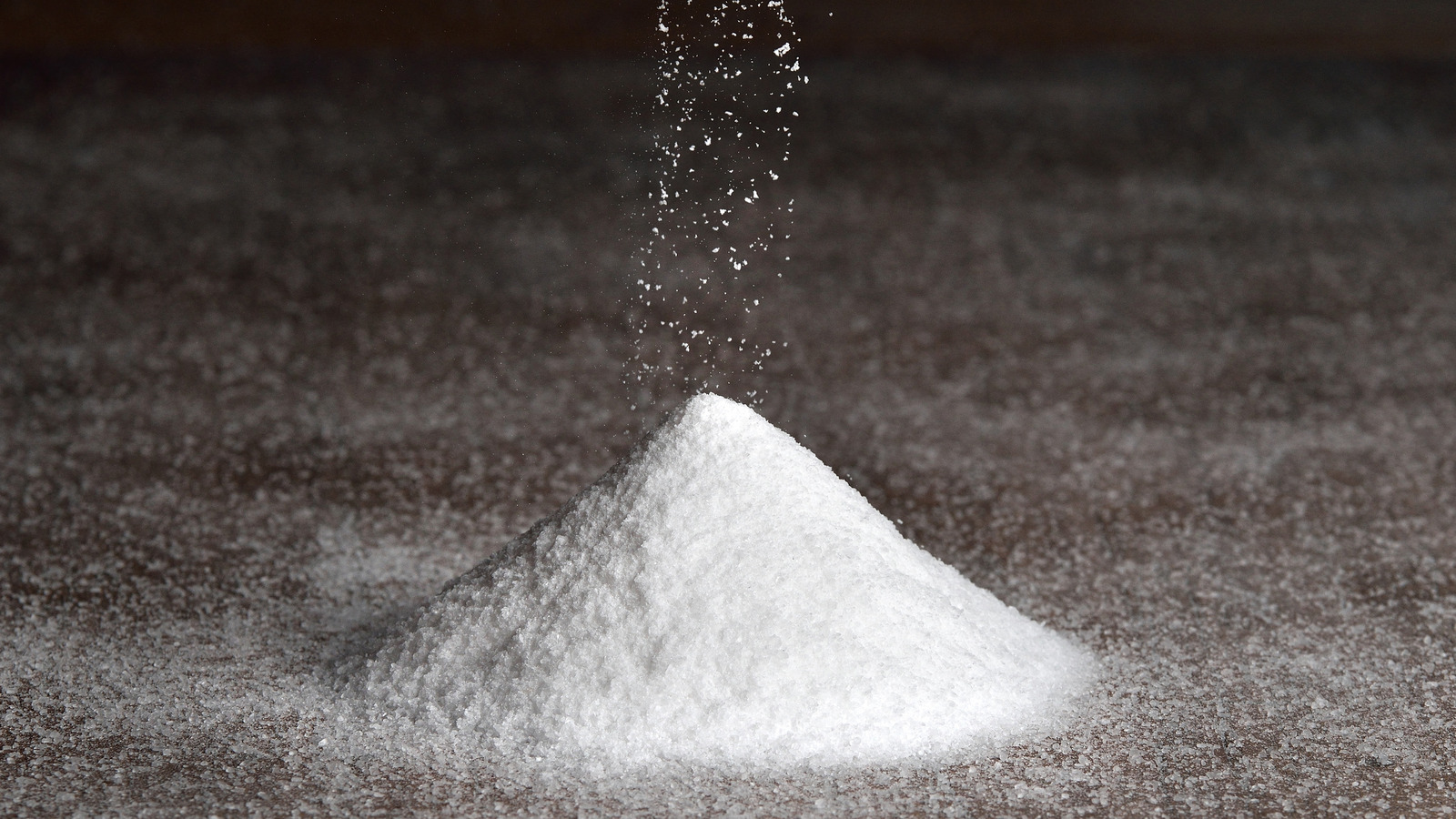
Adjusting fermentation has several effects on a loaf of bread. Without salt, yeast is allowed to consume sugars as fast as it likes. King Arthur Baking notes that reduced rising times may seem like a benefit, but it will ultimately produce an inferior bread. The unsalted dough will become too sticky to work with, and a faster fermentation will mean less flavor. Slower fermentation adds more depth to the flavor profile of any bread. Rampant fermentation also means that there will be no leftover sugar in the final loaf. This will produce a final crust that is dull. A proper crusty bread needs those sugars to caramelize on its surface to give the glossy, golden-brown finish that marks a successful bake.
Salt also affects bread beyond fermentation because it helps gluten strands to develop. Gluten is the protein that gives bread its structure and traps in the gasses released by the yeast while the bread rises. The bread loses its form more easily without well-developed gluten strands present. Leaving out salt can create a loaf that is too limp to shape and rise properly.
Last but not least, salt just helps bread taste better. Salt brings out more flavor in everything it touches (via Fine Cooking). It's the reason why it gets added to sweets, cakes, and other non-salty dishes. Salt isn't added to bread to make it taste saltier, but to make it taste more like bread.
"bread" - Google News
April 29, 2022 at 12:21AM
https://ift.tt/R8NO3Ut
Salt Is More Important To Making Bread Than You Might Expect - Tasting Table
"bread" - Google News
https://ift.tt/ThNBY0M
https://ift.tt/HnSt4Cz
Bagikan Berita Ini














0 Response to "Salt Is More Important To Making Bread Than You Might Expect - Tasting Table"
Post a Comment